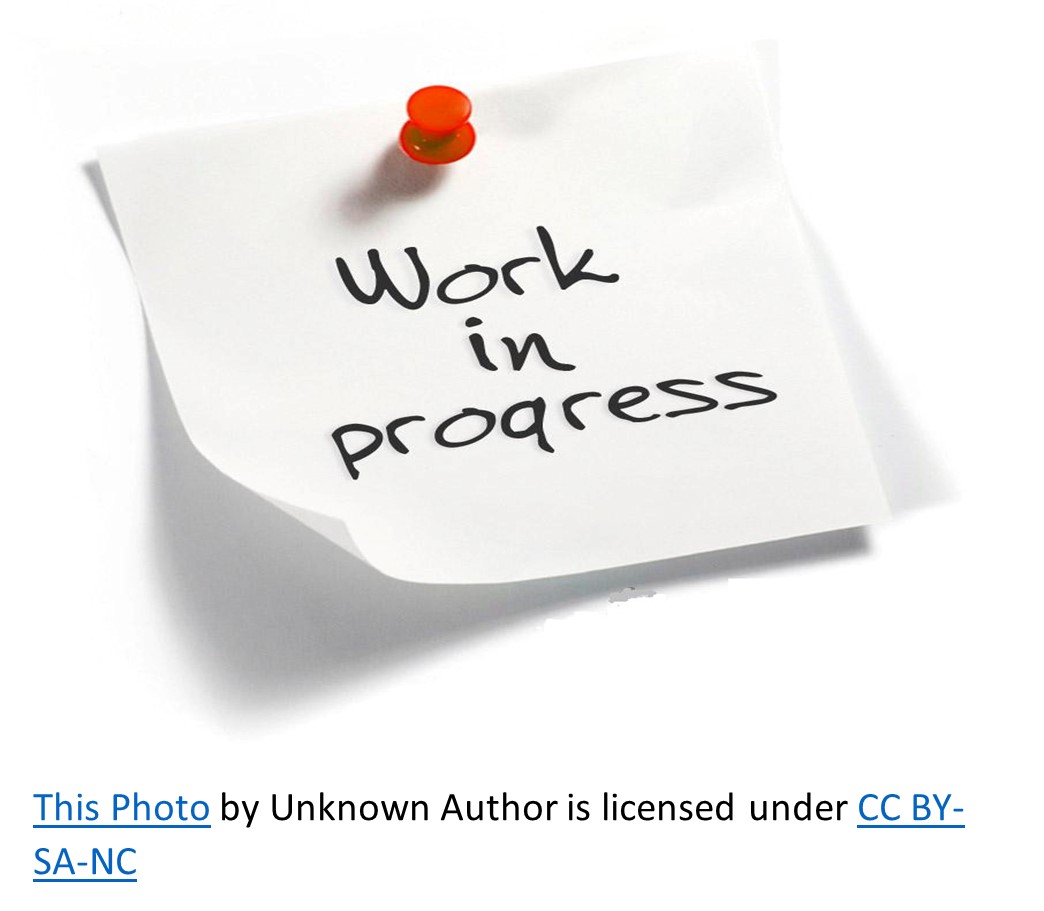FLaG Work in Progress workshop: 21st Jan

- Date
- Friday 21 January 2022, 1-2pm
- Location
- Teams
For this upcoming workshop, Rados Keravica and Hanaa Mustafa will share their PhD work in progress, both with a focus around child participation and human rights. Rados is a third year PGR in SSP and CDS, and Hanaa is a first year PGR in the School of Education. Please find their titles and abstracts below:
Rados Keravica - “Disabled Children’s Participation in Healthcare Decision-Making – Emerging Findings”.
The presentation draws upon the research on disabled children’s participation in healthcare decision-making in England and Serbia. The research deploys socio-legal analysis including the legal analysis of international human rights law standards on child participation and qualitative inquiry through which an insight into the experiences of disabled children and young people and their parents from England and Serbia was obtained. The research demonstrates that disabled children’s capacities for participation can not be understood as intrinsic, essential features of children resulting from their age but should rather be regarded as context-dependent and socially produced by different components in ‘participation assemblage’.
Hanaa Mustafa - "Child voice and Human Rights Approach: A critical perspective".
My research focuses on students’ voices in Syria regarding mental health. Reading through the literature on child voice imposed certain ontological questions. The most important one is: What is student’s voice, and should I follow the general consensus regarding the United Nations Conventions on the Rights of the Child? My perspective on the UNCRC’s text and my previous professional experience entitled me to take a different stance that does not support the predominant endorsement of the UNCRC. To support my critique, I have explored some theoretical frameworks such as including Michel Foucault’s panopticanism, post-modernism, Mikhail Bakhtin’s dialogism, and Sousa Santos’ sociology of absences. After my critical reading to the UNCRC’S text and related literature, I argue that although the UNCRC’S text claims to be “universal”, it failed to include voices from the “Global South”. Therefore, careful consideration should be applied while conducting educational research on student voice.
